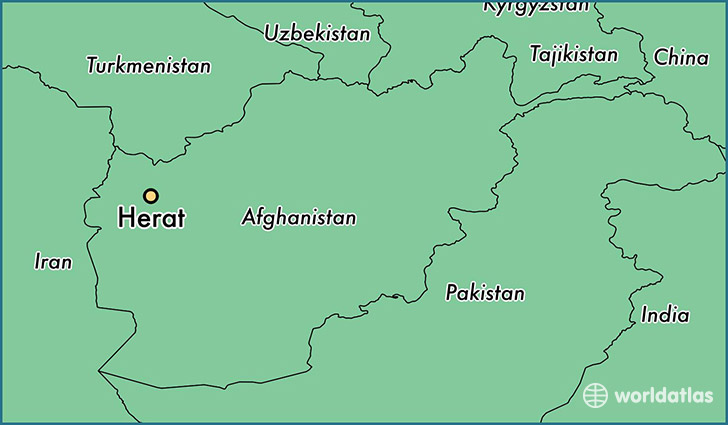Bordering Iran—which had one of the worst COVID-19 outbreaks globally—the city of Herat has one of the highest number of coronavirus cases in Afghanistan.

According to the BBC, more than 150,000 Afghans returned from Iran this past March, with thousands more crossing the border daily.
Herat also has a higher than average population of educated women who speak up against gender-based violence.

Although seeking help is still an obstacle for victims and survivors of domestic violence, some women in Herat manage to get help from organizations which provide assistance and shelters.
Twenty-five-year-old Marzia Akbar is part of a small group of female psychologists. Her team runs a covert counseling clinic at a local hospital in the Herat province. Through meetings and domestic violence hotlines, Akbari and her team have helped many victims of domestic abuse.
But during the last three weeks, Herat’s stay-at-home order has caused Akbari’s team to lose contact with most of their clients.
Akbari expressed her fear for her clients: “I’m very scared for them; many women in Herat may survive coronavirus but won’t survive the lockdown.”
The Afghan government criminalized domestic violence in 2009, but Afghan authorities still consider domestic violence as private family matter, which treats victims as perpetrators of so-called “moral crimes.”
Other factors such as victim shaming, social and cultural stigmas, and economic vulnerability also prevent women from seeking help. Somet Afghan women who risk asking for help face discrimination, have to give up their children and face revenge from their perpetrators.
According to Akbari, violence has become part of many women’s lives in Herat. She believes this normalization of violence caused her work not to be taken seriously. When the clinic where Akbari and her team were helping women turned into an isolation center for patients with coronavirus, it became even harder to connect with her clients.
“We tried to relocate to another place but the only reason women could manage to reach us before was because the counseling center was based at the local hospital. Many of their families didn’t know these women were seeking counseling; they thought they were attending a medical appointment,” Akbari told The Guardian.
Before the stay-at-home order in Herat, Akbari had 50 clients per week—now she can barely make phone contact with 25 of those women.
“I called one of my clients after quarantine who is married to a very violent man. When she answered she was very nervous and had to pretend I was her sister. She was terrified.”
Zainab, another of Akbari’s client, was 13 when she was married to her cousin. Her husband physically abused and raped her. With the help of Akbari, Zainab managed to get a divorce last year—but she was forced to give up her children. Besides harassment from her ex-husband, Zainab has to endure the lockdown with her parents who are also abusive.
“Because of the divorce, they assume she is now an immoral woman,” says Akbari. “But at least I know she is alive.”
The coronavirus pandemic and the response by federal, state and local authorities is fast-moving. During this time, Ms. is keeping a focus on aspects of the crisis—especially as it impacts women and their families—often not reported by mainstream media. If you found this article helpful, please consider supporting our independent reporting and truth-telling for as little as $5 per month.





